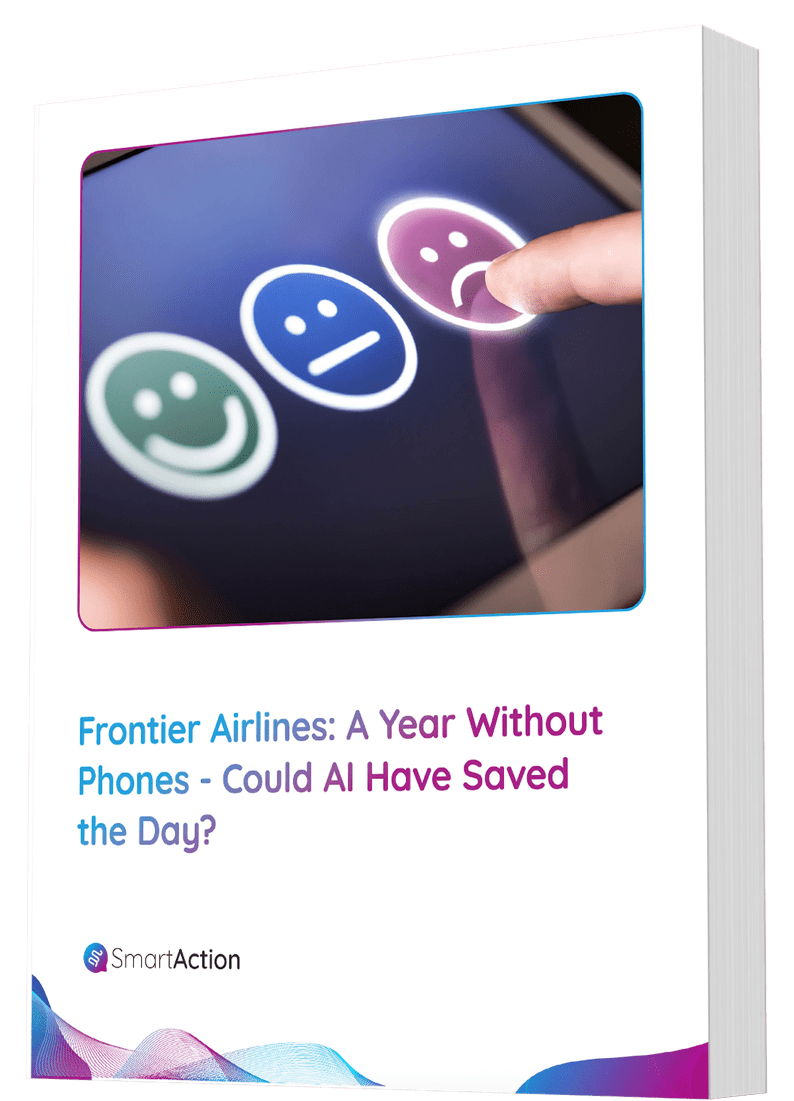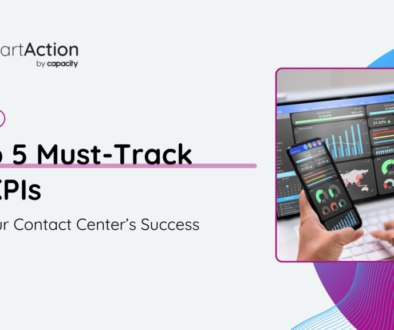Don’t Reward Callers for Using Profanity
Picture a grade school yard with tiny tikes running all around. However, there’s a long, stagnant line of children behind the sole swing set. Irritable and sweating from the hot sun, Little Johnny yells his dad’s favorite four letter word. The other children gawk at him as a teacher lunges toward him, eyes bulged, and grabs his arm. But instead of punishing him, the teacher escorts Little Johnny to the front of the line, so that he may get a turn on the swing. Wait, what?
As different as this may have been from one of your childhood memories, this is a tactic that seems to fare well in adulthood. According to this article, some companies are actually rewarding callers for swearing at their IVRs. So if a customer is frustrated, they’re learning to shout out a swear and they may be bumped to the front of the line. But as more and more callers openly respond to an IVR greeting with a stream of profanity, companies may catch on just as they did for older techniques like repeatedly pressing 0 or the # key.
Fostering an environment of frustration is not conducive to positive company culture, nor does it create value in the eyes of the customer. The real question is: why is it so hard to reach a customer service rep in the first place? Containment rate in the IVR often helps save companies money because it is cheaper for an IVR to handle a call than it is for a live agent. But companies should never trap callers in the IVR; it’s terrible for the customer experience, which is bad business. With customer effort so closely tied to loyalty, forcing customers to do anything beyond saying the word “agent” is bad practice. We advise our clients to create effortless experiences, which sometimes means making agents more available for customers who request them.>
Having said that, there are some tricks you can employ so that it isn’t a free-for-all in requesting agents.
- Be a little persistent when callers request an agent. Offer to transfer them as soon as they provide the reason for the call or some personal information. This way, agents can continue the conversation rather than starting it from scratch.
- When the caller gives the reason for the call, if it is something that can be accomplished with self-service, offer to help the caller with it. For example, “Did you say order status? I can help you with that.” Ultimately, if the caller says, “No,” that’s okay too.
In both scenarios, the automation is helping customers and agents accomplish their goals more smoothly and effortlessly.
Automation is not meant to cut out all human communication. Rather, its purpose is to save time, energy, and resources for the most important types of human communication. But crass communication and important communication are totally different and companies should stop treating them as the same.






